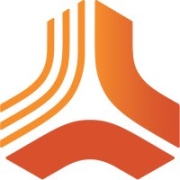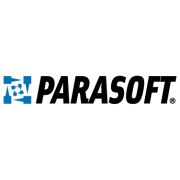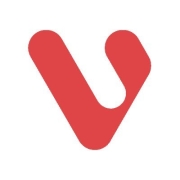Application Requirements Management helps teams define, track, and manage project requirements effectively. It streamlines processes to enhance communication and increase efficiency, ensuring projects meet specified needs and stakeholder expectations.
Application Requirements Management integrates various tools to support the entire lifecycle of requirements. It facilitates collaboration among stakeholders by offering visualization and tracking of requirements. Users benefit from real-time updates and insights, improving decision-making. This is crucial for keeping projects on track and aligned with initial objectives. Robust features not only simplify the management process but also aid in meeting compliance standards.
What are the critical features to look for?In healthcare and finance sectors, Application Requirements Management ensures the confidentiality and accuracy of data. In manufacturing, it aligns production requirements with resource capabilities, reducing waste and optimizing output.
This category supports organizations by providing a structured approach to manage complex requirements. It enhances project delivery and helps align organizational goals with specific project outcomes.

























Application Requirements Management plays a crucial role in enhancing software development efficiency by providing a clear roadmap of requirements. It helps you identify and prioritize user needs effectively, reducing misunderstandings and rework. By aligning your development efforts with stakeholder expectations, you can ensure resources are used optimally, streamline the workflow, and accelerate delivery timelines.
What are the key features to look for in an Application Requirements Management solution?When selecting an Application Requirements Management solution, look for features that support collaboration, traceability, and change management. Prioritization and visualization tools can enhance understanding and communication among team members. Integration capabilities with existing development tools are essential for a seamless workflow. Ensure the solution allows you to capture and manage requirements comprehensively to adapt easily to project changes.
How does Application Requirements Management support agile methodologies?Application Requirements Management supports agile methodologies by facilitating flexible and iterative processes. It enables you to capture requirements in smaller increments, adjust priorities quickly, and align development cycles with user feedback. This adaptability promotes constant communication and collaboration, ensuring ongoing alignment with project goals and delivering incremental value to end users more swiftly.
What common challenges can Application Requirements Management address?Application Requirements Management can address several challenges, such as communication gaps, scope creep, and inconsistent documentation. By consolidating requirements into a unified framework, it enables all stakeholders to have a shared understanding. It helps in tracking changes and managing expectations, reducing the risk of project overruns. Consistent updates refine project scope and ensure alignment with business objectives.
Why is traceability important in Application Requirements Management?Traceability in Application Requirements Management is essential to maintain a connection between requirements, development, and testing activities. It ensures that every requirement is accounted for and validated throughout the project lifecycle. This helps you identify impacts related to changes, enhance test coverage, and facilitate compliance with regulatory standards. Traceability provides the transparency needed for effective decision-making and helps in achieving successful project outcomes.